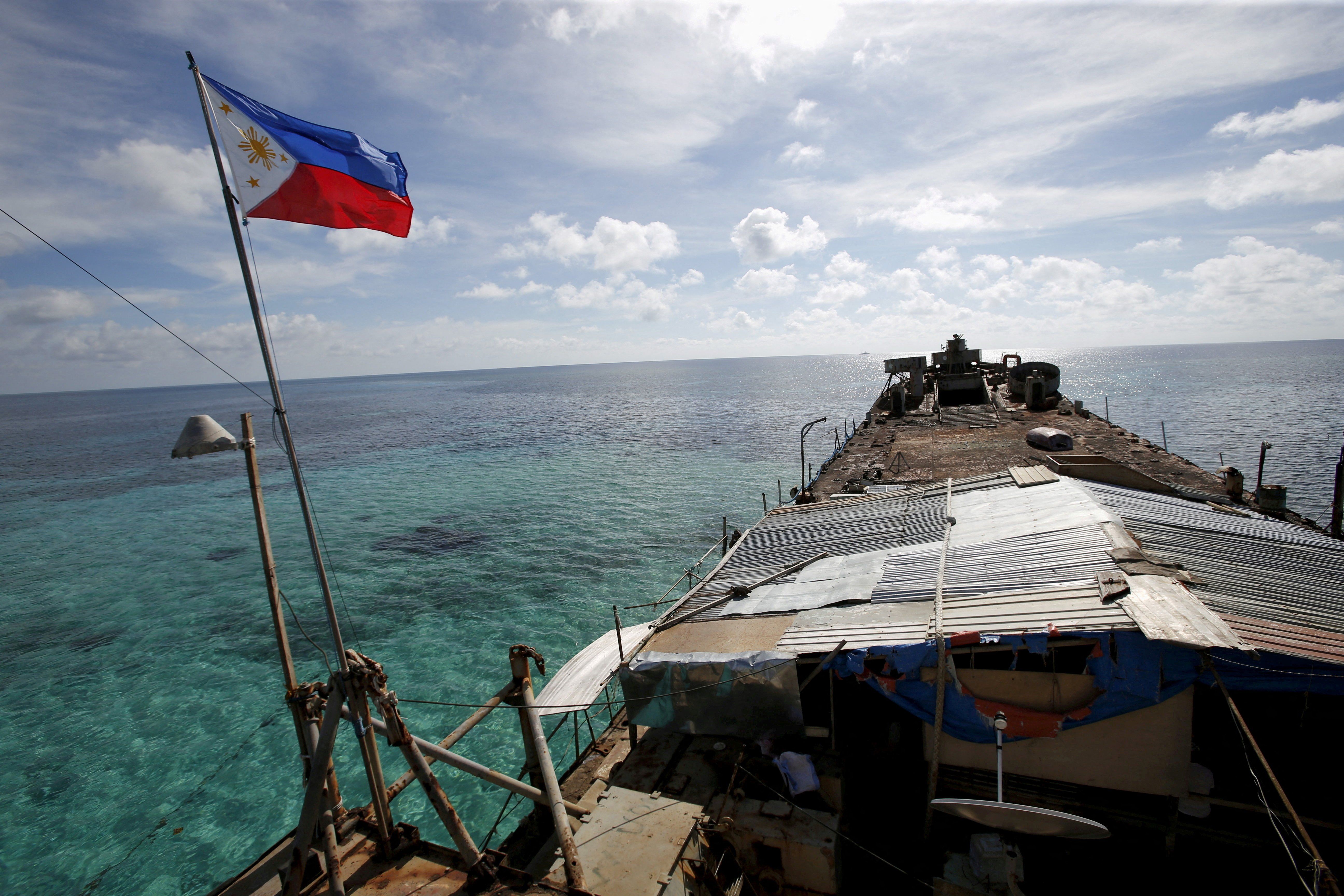1,800: More than 1,800 participants from Canada, the Philippines, the UK, Japan, and the US are currently conducting joint naval exercises in the South China Sea. The maneuvers are seen as a “show of force” at a time when China has become increasingly bold about advancing its unrecognized territorial claims in the region.
1: For the first time in history, a member of the First Nations has been elected premier of a Canadian province. A former journalist and rapper, Wab Kinew, originally from the Onigaming First Nation in Ontario, won Manitoba’s election on Tuesday. Kinew’s left-wing New Democratic Party ran on a platform that focused on improving the province’s health care.
8: The US government this week unsealed indictments of 8 Chinese companies it says were shipping chemicals to drug cartels in Mexico for use in manufacturing fentanyl and other illegal narcotics. US drug overdose deaths from opioids like fentanyl have more than tripled over the past decade. China responded to the charges by saying Washington is “scapegoating” Beijing. For more on half a century of the US “War on Drugs,” see here.
333 million: Canada has launched a $333 million fund to compensate the country’s dairy producers for market share lost as a result of Canada’s free trade agreements. While that sounds like a lot of money, Canada’s dairy farmers say that the concessions Ottawa made as part of the trade pacts cost them $450 million annually.
47.5: A key monthly indicator of Canadian factory output fell to its lowest level in more than three years, as the “S&P Global Manufacturing Purchase Managers Index” dipped half a point in September to 47.5. Any reading below 50 indicates that the sector is contracting. Analysts say a sluggish global economy and persistently high interest rates have suppressed orders from Canadian factories. But south of the border, things are looking a bit rosier – the monthly PMI in the US ticked up almost one and a half points to 49.0 in September.
